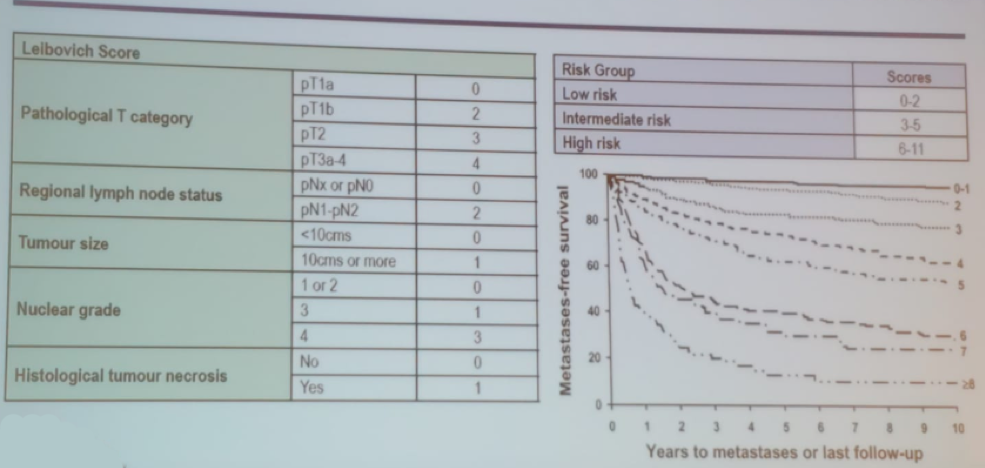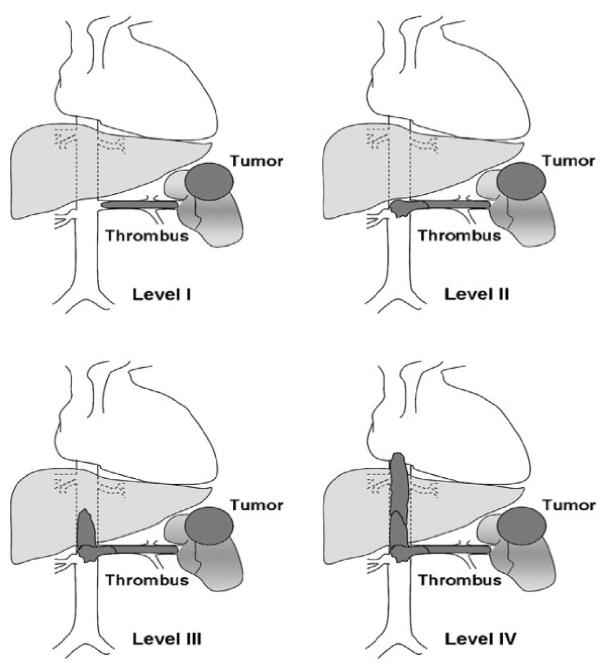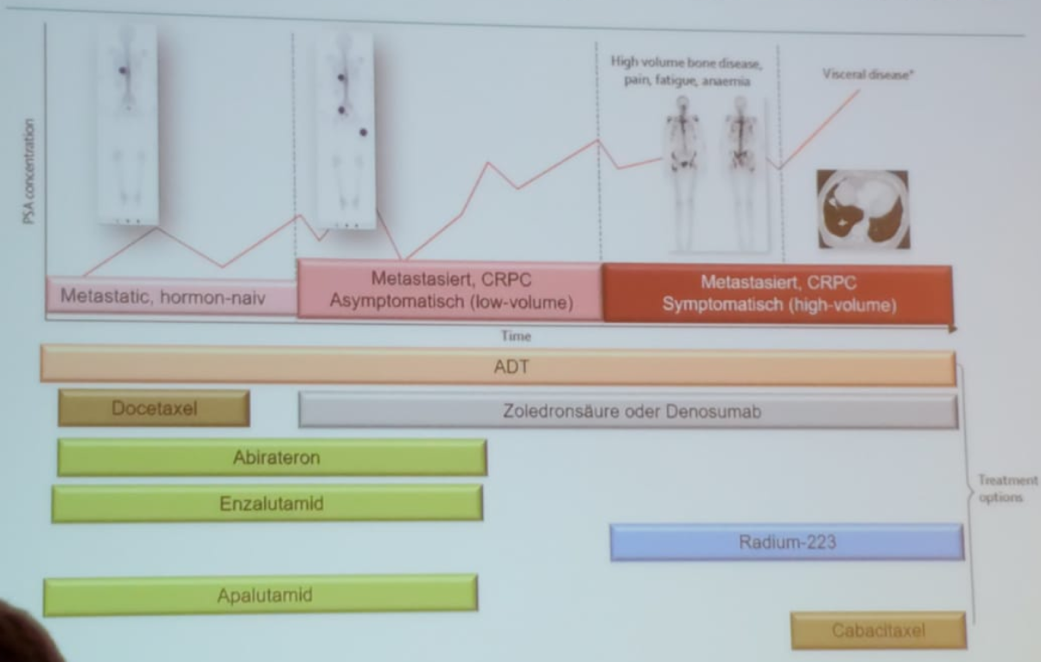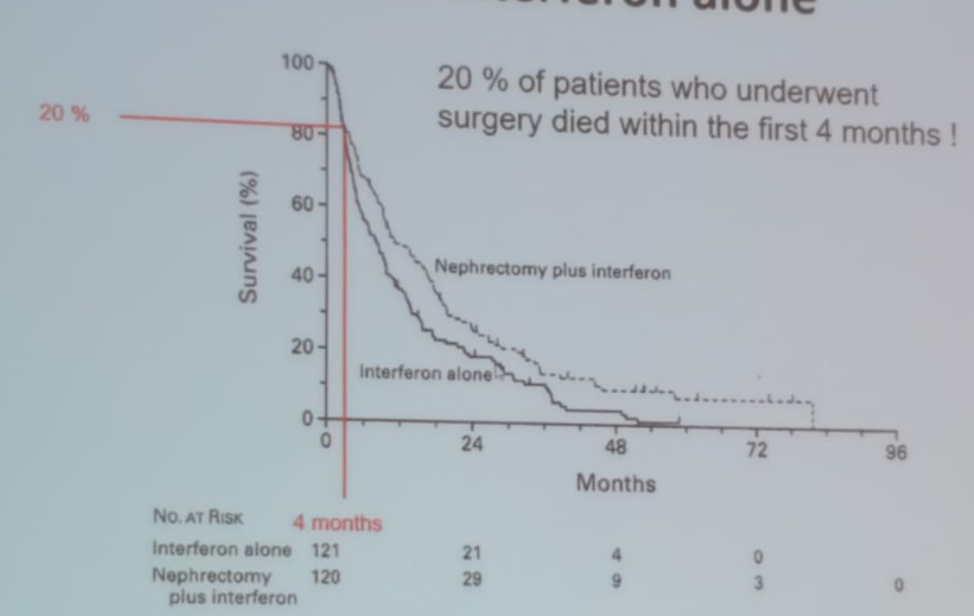SIU 2019: Long-Term Outcomes in Patients with Biochemical Recurrence or PSA Persistence Following Radical Prostatectomy
Athens, Greece (UroToday.com) Dr. Derya Tilki was the first to present at the Educating Masterclass on Biochemical Recurrence after Radical Prostatectomy. Her talk focused on the long-term outcomes of patients with biochemical recurrence (BCR) after radical prostatectomy. Following radical prostatectomy, approximately 27-53% of patients will experience BCR.1 However, only 30% of patients experiencing BCR after primary surgery will […]





